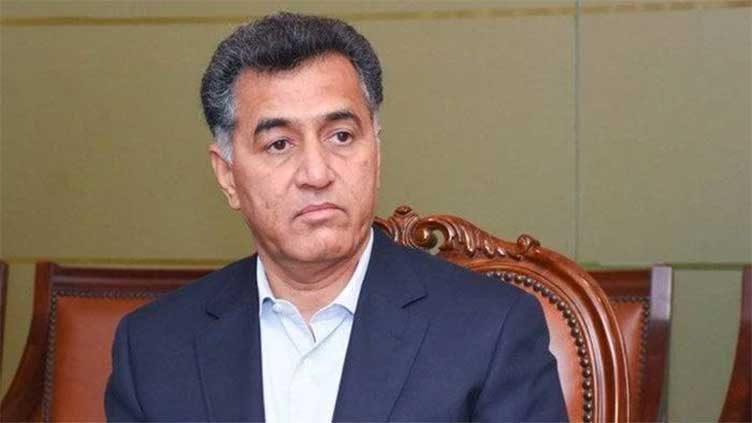Retired Lt Gen Faiz Hameed, the former director-general of the Inter-Services Intelligence (ISI), has been cleared of all accusations by the inquiry commission looking into the November 2017 Faizabad sit-in.
The three-member panel, appointed by the Supreme Court, has released its 149-page report.
After assessing the circumstances surrounding the Tehreek-e-Labbaik Pakistan sit-in at Faizabad, the panel reportedly identified a number of shortcomings in the way the matter was handled and produced recommendations.
The study includes information on issues pertaining to former law minister Zahid Hamid and outlines the roles played by the Islamabad Police, the Ministry of Interior, the Punjab government, the ISI, and the IB.
According to the report, the ISI director general and the then-chief of army gave Faiz Hameed permission to sign the agreement with protestors in his capacity as Maj Gen DG (C) of ISI. Furthermore, retired General Faiz Hameed’s mediation role was agreed upon by then-prime minister Shahid Khaqan Abbasi and then-interior minister Ahsan Iqbal.
The commission emphasized the need to implement every recommendation made in the National Action Plan and suggested that the police command and control system’s shortcomings be fixed.
The commission of inquiry noted that instances resembling those in Faizabad happened as a result of policy shortcomings in the administration. It emphasized that “policymakers” ought to take the Faizabad episode as a lesson.
The Punjabi government was blamed in the report for “allowing the TLP to proceed to Islamabad instead of halting it in Lahore.”
The investigation also noted that hundreds of injuries and fatalities were caused by the twin cities’ police department’s breakdown in communication. The federal government reportedly hired the ISI to help them get in contact with the demonstrators’ leaders, according to the article.
It said that on November 25, 2017, a deal was struck with the ISI’s assistance, and the demonstrators then dispersed.
The study further stated that threats against military officers, Nawaz Sharif, and ministers were made on social media during the sit-in, and the government did nothing to stop them.
The commission stated that Shehbaz Sharif was Punjab’s chief minister at the time of the Faizabad sit-in. At that time, no official or institution was held accountable for the incident by any of the nation’s leaders. “Interference by the military or an agency in a civilian matter seriously affects the institution’s reputation,” stated the statement.
In order to prevent criticism, the group recommended that the army stay out of public affairs. “Handling of civilian affairs is the responsibility of IB and civil administration,” it said.
According to the committee, the Punjabi administration was “negligent and weak,” which contributed to the carnage. It is time to take action to put a stop to violence motivated by religion. The group recommended that the state uphold the constitution, human rights, democracy, and the rule of law without making any concessions.
The commission recommended that before deploying police to Islamabad, they should first be stationed in challenging areas.
“The government is in charge of maintaining public order; other institutions should refrain from interfering. The investigation stated that a zero tolerance strategy is necessary to combat violent extremism.
The inquiry panel, which included senior official Khushal Khan of the Pakistan Administrative Service and former IG Tahir Alam, was led by former IG Syed Akhtar Ali Shah.

